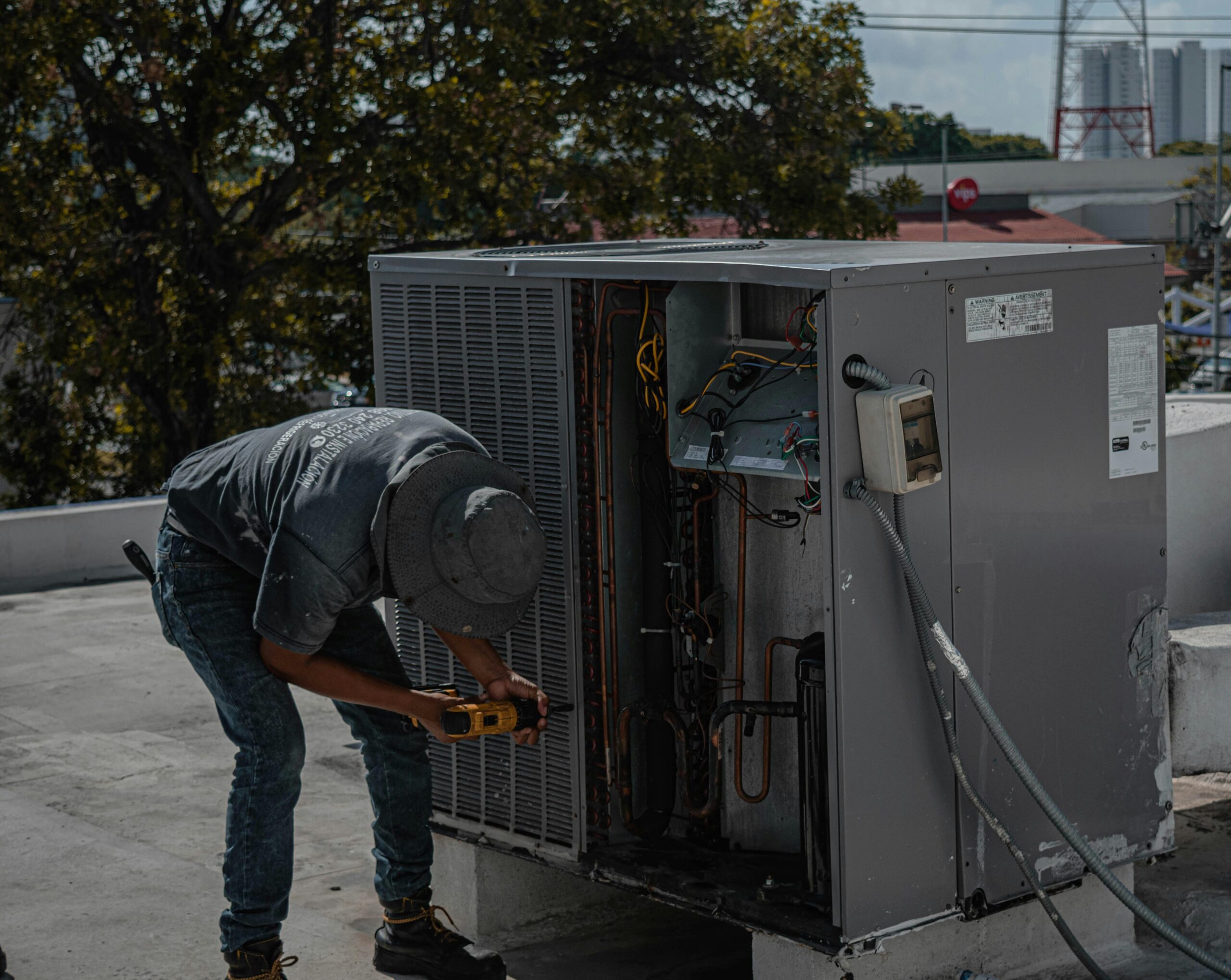Indoor air quality (IAQ) is a critical aspect of home health that often goes unnoticed. Poor air quality can lead to a range of health issues, from minor irritations like allergies to more severe respiratory problems. The good news is that your HVAC system can play a significant role in improving the air you breathe at home. Here are some practical tips every homeowner should know to enhance indoor air quality using their HVAC system.
Regularly Replace HVAC Filters
One of the simplest and most effective ways to improve indoor air quality is by regularly replacing your HVAC filters. These filters are designed to trap dust, pollen, pet dander, and other airborne particles. However, when they become clogged, they can no longer effectively filter the air. Replacing your filters every 1-3 months ensures that your HVAC system is circulating clean air throughout your home.
Upgrade to High-Efficiency Filters
Standard HVAC filters do a decent job of trapping larger particles, but if you’re looking to significantly improve your indoor air quality, consider upgrading to high-efficiency filters. High-efficiency particulate air (HEPA) filters are capable of capturing up to 99.97% of particles as small as 0.3 microns, including dust, mold spores, and bacteria. These filters are especially beneficial for households with allergy sufferers or those with compromised immune systems.
Utilize a Whole-Home Air Purification System
For those serious about maintaining excellent indoor air quality, investing in a whole-home air purification system can be a game-changer. These systems work in tandem with your HVAC system to remove contaminants from the air, including volatile organic compounds (VOCs), odors, and even viruses. Whole-home air purifiers installed by a reputable indoor air quality specialist can help create a cleaner, healthier living environment by addressing pollutants that standard filters might miss.
Keep Ducts Clean and Sealed
Your HVAC system’s ductwork is responsible for distributing air throughout your home. Over time, ducts can accumulate dust, debris, and even mold, which can negatively impact air quality. Scheduling regular duct cleaning helps remove these contaminants, ensuring that only clean air is being circulated. Additionally, sealing any leaks in your ductwork can prevent pollutants from entering the system and spreading throughout your home.
Maintain Optimal Humidity Levels
Humidity plays a significant role in indoor air quality. High humidity can encourage the growth of mold and dust mites, while low humidity can cause dry skin and respiratory issues. Your HVAC system can help maintain optimal humidity levels by incorporating a humidifier or dehumidifier as needed. Keeping humidity levels between 30-50% can create a more comfortable and healthier indoor environment.
Schedule Regular HVAC Maintenance
Regular maintenance of your HVAC system is essential for ensuring it operates efficiently and effectively. During a maintenance check, a technician will inspect, clean, and tune-up your system, addressing any issues that could compromise air quality. Regular maintenance not only extends the lifespan of your HVAC system but also ensures that it’s doing its part in keeping your indoor air clean.
Conclusion
Improving indoor air quality is an ongoing process that requires attention to detail and regular maintenance of your HVAC system. By following these tips, you can create a healthier living environment for you and your family. From regularly replacing filters to investing in advanced purification systems, your HVAC system can be a powerful tool in maintaining clean, breathable air in your home.
Photo by José Andrés Pacheco Cortes: https://www.pexels.com/photo/man-drilling-an-aircon-casing-5463581/

